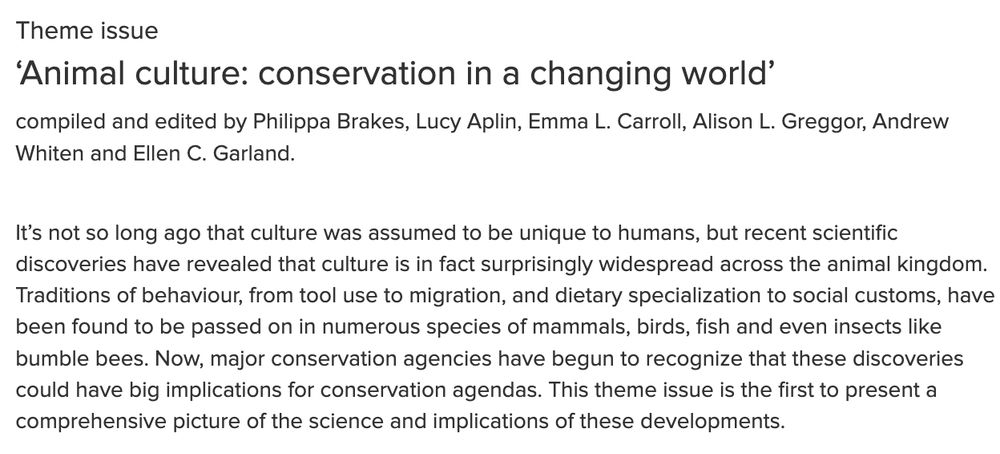lab, prev. @MSFTResearch @SonyCSLParis
Artificial intelligence, cognitive sciences, sciences of curiosity, language, self-organization, autotelic agents, education, AI and society
http://www.pyoudeyer.com
Very interesting new paper by @sucholutsky.bsky.social
Katherine Collins @norijacoby.bsky.social @billdthompson
@roberthawkins.bsky.social
arxiv.org/pdf/2506.00052
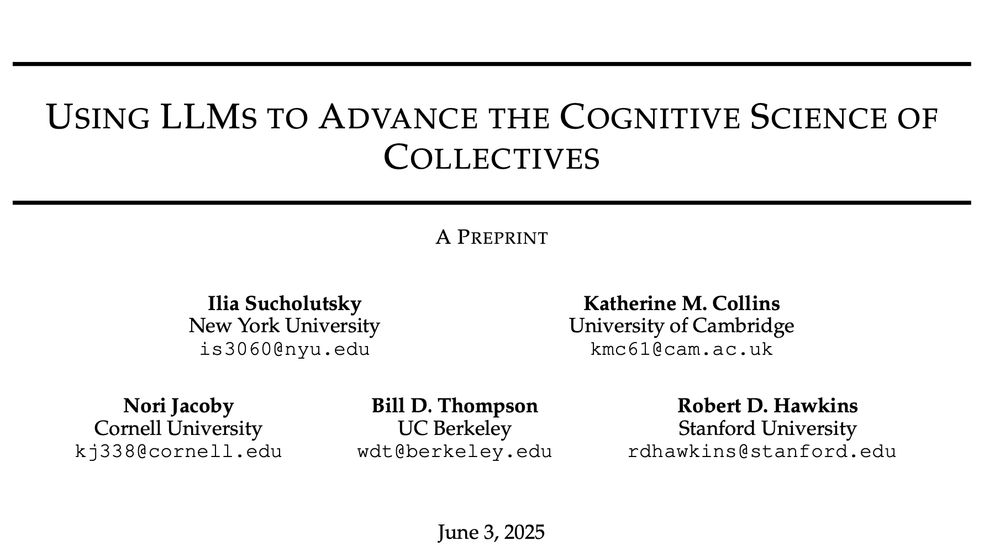
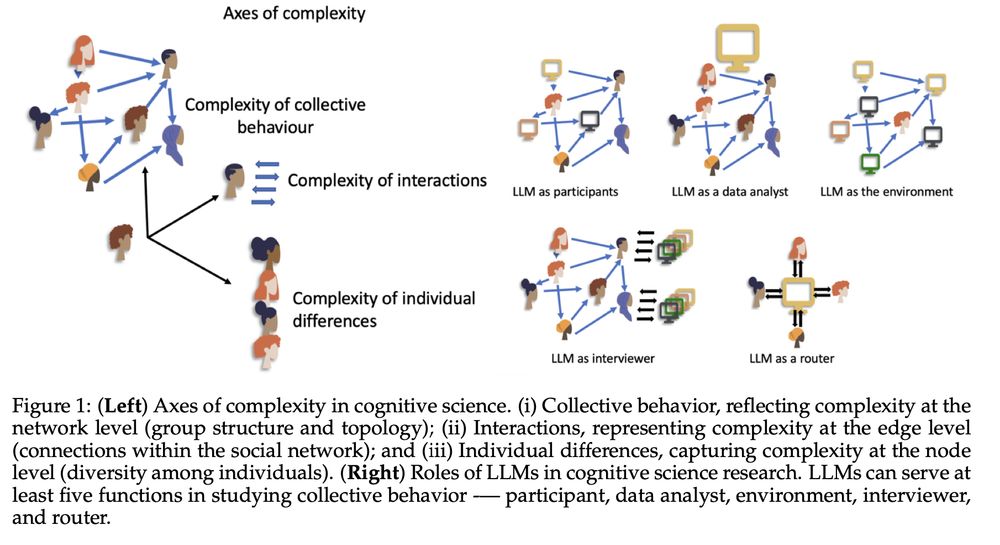
Very interesting new paper by @sucholutsky.bsky.social
Katherine Collins @norijacoby.bsky.social @billdthompson
@roberthawkins.bsky.social
arxiv.org/pdf/2506.00052
Understanding and modeling computationally how they do it would be enlightening to understand better human cognition and build open-ended AI
Great step in this direction in new paper by Guy Davidson et al.
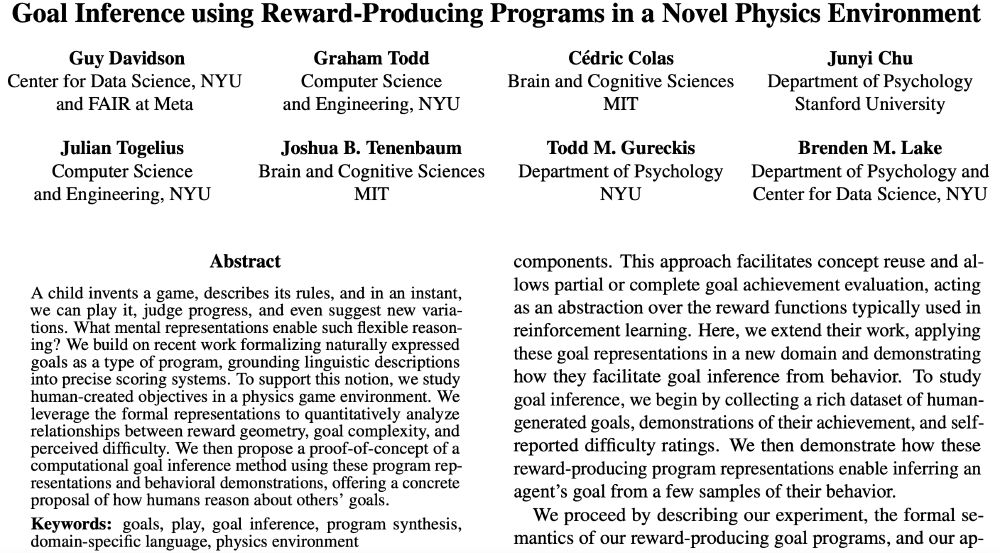
Understanding and modeling computationally how they do it would be enlightening to understand better human cognition and build open-ended AI
Great step in this direction in new paper by Guy Davidson et al.
it plays a growing role in generation, selection and transmission of ideas/opinions in human society 🧠🔄🌐
And yet we understand very little of this dynamics at this point 🤔❓
A step forward is our #ICLR2025 paper !👇

it plays a growing role in generation, selection and transmission of ideas/opinions in human society 🧠🔄🌐
And yet we understand very little of this dynamics at this point 🤔❓
A step forward is our #ICLR2025 paper !👇
by @codingconduct.cc E. Lintunen N. Aly @creativeendvs.bsky.social
osf.io/n6x8s/downlo...
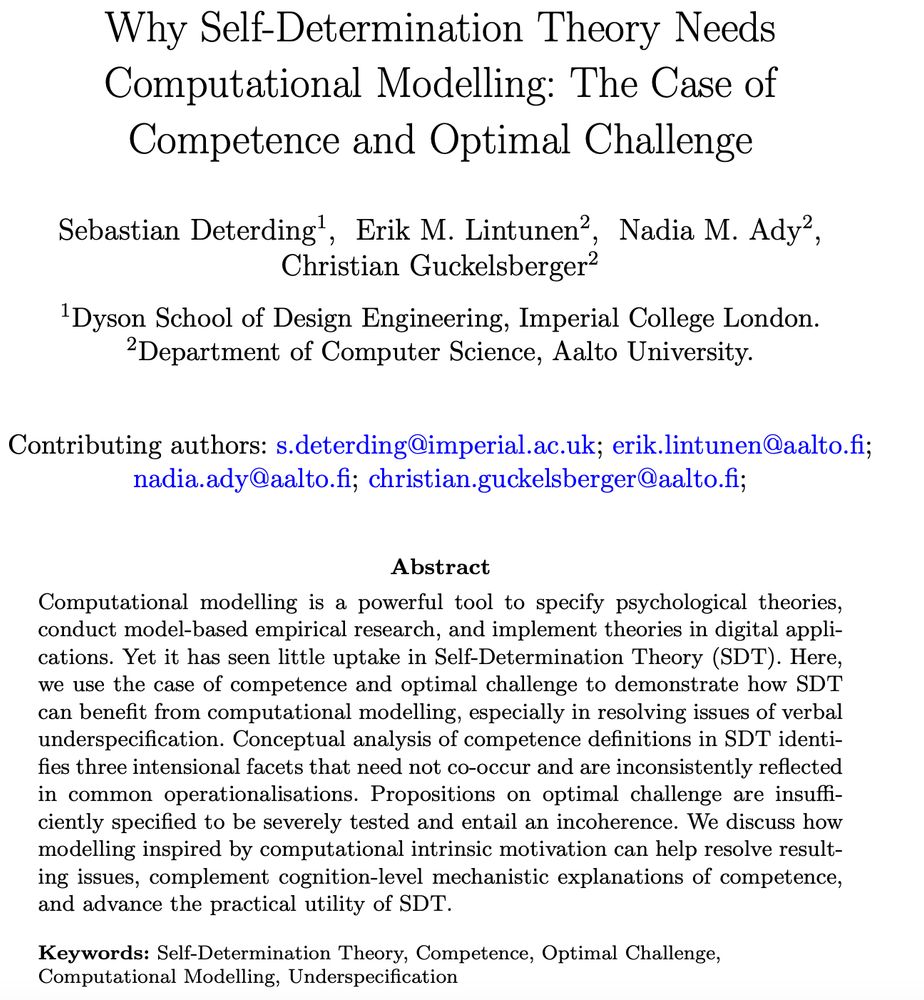
by @codingconduct.cc E. Lintunen N. Aly @creativeendvs.bsky.social
osf.io/n6x8s/downlo...
"When LLMs are used for real-world tasks where diversity of outputs is crucial their inability to produce
diffuse distributions over valid choices is a major hurdle"
New method to address this challenge by Zhang et al.:
arxiv.org/pdf/2404.10859
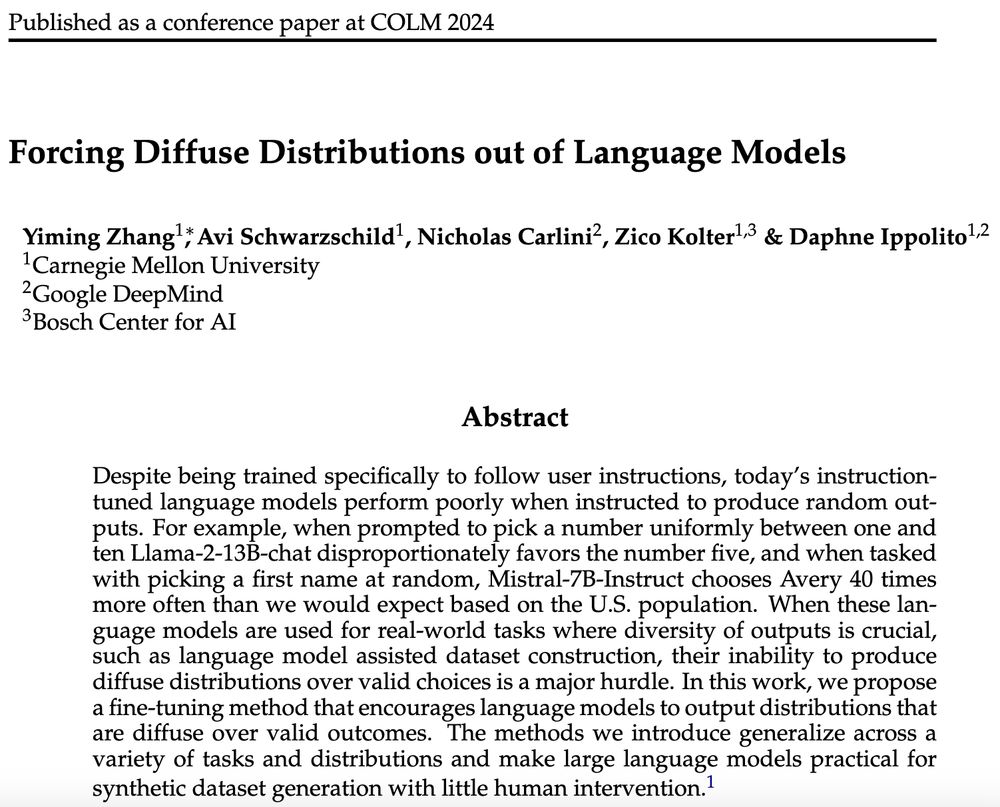
"When LLMs are used for real-world tasks where diversity of outputs is crucial their inability to produce
diffuse distributions over valid choices is a major hurdle"
New method to address this challenge by Zhang et al.:
arxiv.org/pdf/2404.10859
Can humans predict future learning progress? When no learning has even started?
Yes, to some extent ! see this cool paper from X. Zhang, S. McDougle, and J. Leonard

Can humans predict future learning progress? When no learning has even started?
Yes, to some extent ! see this cool paper from X. Zhang, S. McDougle, and J. Leonard
by S. Shiiku, R. Marjieh, M. Anglada-Tort, N. Jacoby
"...over time, hybrid human-AI networks became more diverse in their creations than AI-only networks."
📖 arxiv.org/pdf/2502.17962


by S. Shiiku, R. Marjieh, M. Anglada-Tort, N. Jacoby
"...over time, hybrid human-AI networks became more diverse in their creations than AI-only networks."
📖 arxiv.org/pdf/2502.17962
🤖How to turn LLMs into curious open-ended agents that spontaneously explore and set their own goals?
🤝How to align such agents on the social environment?
📺 I address these questions & our associated research program in this talk 👇




🤖How to turn LLMs into curious open-ended agents that spontaneously explore and set their own goals?
🤝How to align such agents on the social environment?
📺 I address these questions & our associated research program in this talk 👇


